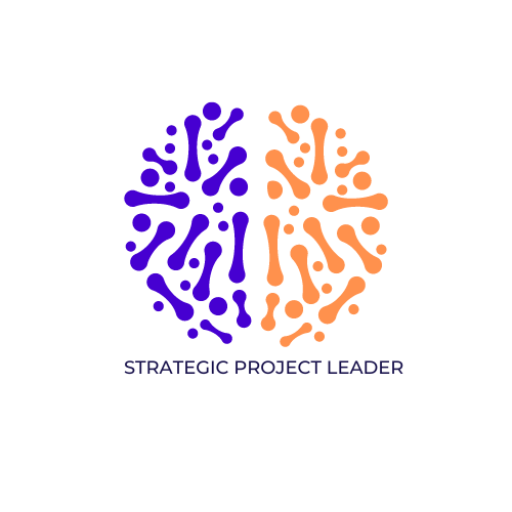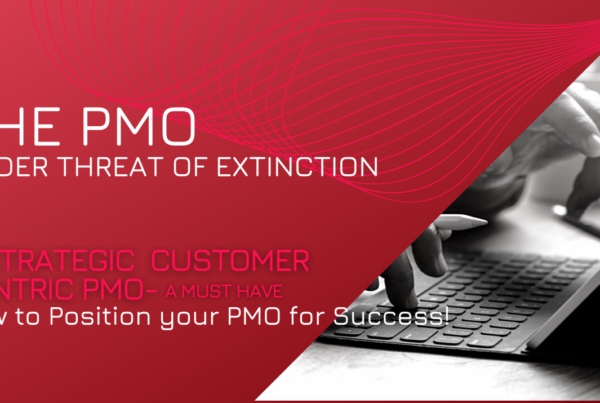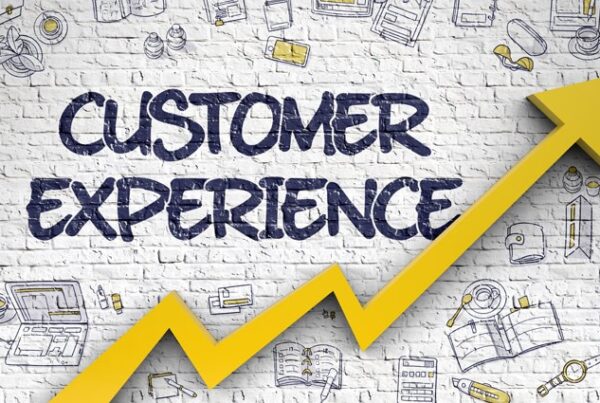I read this article on Forbes titled “7 Reasons Why Emotional Intelligence Is One of The Fastest-Growing Job Skills”. This article got me thinking and prompted me to opine below.
Emotional intelligence has become one of the fastest-growing job skills; when combined with other forms of knowledge, one is bound to experience higher levels of success. In an era of digital transformation where organizations are changing very rapidly with human resources playing an integral part in driving these changes, “intelligence” – in the forms prescribed below – are ever-so relevant. You need to possess even more attributes to stay relevant.
I challenge people to do more – and be more – to “out-compete” the competition. Besides being highly emotionally intelligent, add these other forms to set yourself way ahead of others. These different forms of intelligence include but not limited to:
1. Academic Quotient (AQ) – This refers to the knowledge and skills acquired from academics. i.e. mathematics, science, language, among others. Our academic credentials and degrees.
2. Intelligence Quotient (IQ) – This is an individual’s mental ability to reason, problem-solve and recall information and act on it appropriately.
3. Emotional Intelligence (EI) – Peter Salovey and John D. Mayer describe EI as “a form of social intelligence that involves the ability to monitor one’s own and others’ feelings and emotions, to discriminate among them, and to use this information to guide one’s thinking and action.”
4. Social Quotient (SQ) – The SQ gets built from our social interactions, experiences with people and the learning from our successes and failures.
The ability to successfully build relationships and navigate social environments – building relationships affect a much more significant part of our lives. We all need to pay close attention to this.
5. Adversity Quotient (AQ) – The ability to power-through challenges and remain emotionally stable. Paying close attention to our (CORE)- control, ownership, reach and endurance.
Control – Being mindful of perceiving how you can influence what could happen next.
Ownership – Own and make the most of your current situation – remember it could be worse.
Reach – Taking a positive outlook to see how to maximize the potential upside of the adversity – seeing the adversity/ difficulty as a challenge to build you up and a learning experience.
Endurance. The ability to solider on and act on strategies can enable you to get past the adversity as quickly as possible.
6. Curiously Quotient (QC) – Did you know that when we’re feeling curious, the limbic reward system of the brain illuminates? Curiosity is critical because it primes the brain for learning, making it easier to learn not-so-interesting subject matter; however, just because you are curious about learning is easier – try it and see.
7. Open Quotient (OQ)– This is a mindset (open-mindedness), a culture and a set of practices that move work forward. The open quotient drives collaborations and enables team-level cooperation and feedback, which helps build a connection with your team. OQ also makes it much easier to listen to others’ points of view and the willingness to share your point of view with your team, making getting to know your teammates a breeze.
I believe possessing Emotional Intellenginece in itself is needed; however, in a very competitive and ever-changing world, much more is required to increase the chances of achieving success and create a positive trajectory for upward mobility.
@Festus Fariyibi thank you for elucidating on the relevance of the subject matter today.






